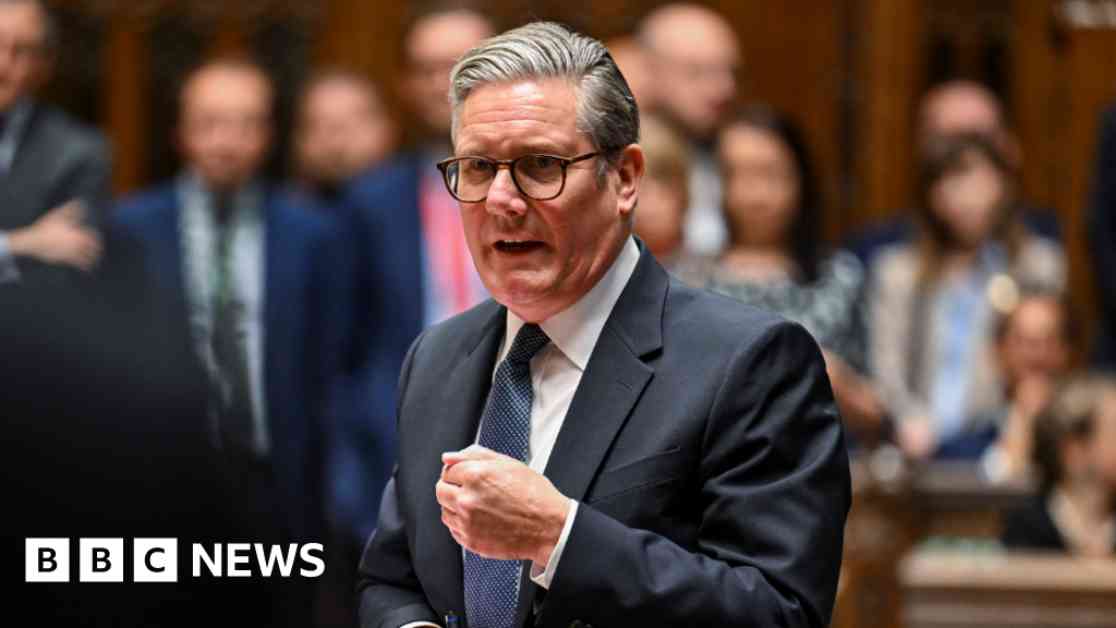Sir Keir Starmer, the leader of the Labour Party, has made a surprising U-turn on plans to ease cuts to winter fuel payments in response to growing political pressure. Last year, over 10 million pensioners missed out on these payments, which can amount to up to £300, when the government made them means-tested. This decision led to an estimated saving of £1.4 billion but faced harsh criticism from various groups.
Changes to the threshold for eligibility are now being promised by Sir Keir, although the exact details of who will benefit and when these changes will take effect remain unclear. The winter fuel payment, which ranges from £200 to £300 depending on age, was previously available to all pensioners but was restricted last year to only those receiving pension credit and other income-related benefits. This move sparked backlash from unions, charities, and even some Labour MPs.
The unexpected policy U-turn was announced during Prime Minister’s Questions, catching many by surprise. The Tory leader, Kemi Badenoch, welcomed the change but urged the government to provide details sooner rather than later. The Liberal Democrat leader, Sir Ed Davey, called it the “longest U-turn” and pushed for the cuts to be reversed completely. Age UK, a charity advocating for pensioners, emphasized the importance of ensuring those on low incomes can still benefit from the payments.
New Eligibility Thresholds: A Political Headache
Designing a new eligibility threshold for winter fuel payments will undoubtedly present both political and practical challenges for ministers leading up to the autumn Budget. The current income threshold for pension credit stands at £11,800 for individuals and £18,023 for pensioner couples, but where the new threshold will be set remains to be seen. The government’s commitment to making these changes quickly is met with skepticism from some, who question the feasibility of implementing them in time for the upcoming winter.
Not really sure why this matters, but the winter fuel payment was initially introduced in 1997 by New Labour as a universal benefit for all pensioners. It was intended to help cover the increased heating costs during the winter months, although in reality, it serves as a pension top-up that recipients can use as they see fit. With the introduction of the “triple lock” policy in 2010, state pensions gained additional protection, ensuring annual increases by the highest of inflation, average earnings, or 2.5%. This year saw a 4.1% increase in state pensions, providing much-needed relief for many retirees.
In conclusion, the decision to ease cuts to winter fuel payments marks a significant shift in government policy, driven by mounting pressure and criticism. While the specifics of the new eligibility criteria remain unclear, the announcement has been met with a mix of welcome and skepticism from various political figures and advocacy groups. The implementation of these changes poses challenges for ministers, particularly in ensuring that those most in need of financial assistance during the winter months continue to receive support.













